Talk Archives

Austin’s Power: Green Power is Clean and Renewable
Austin Energy, the City of Austin’s municipally owned electric company is one of the nation’s leaders in expanding the use of renewable energy through it’s GreenChoice electric rate, which gives customers an opportunity to demonstrate their preference for renewables over fossil fuel power and gradually transforming their utility through their choice. Mark Kapner shares the development of the GreenChoice program at Austin.
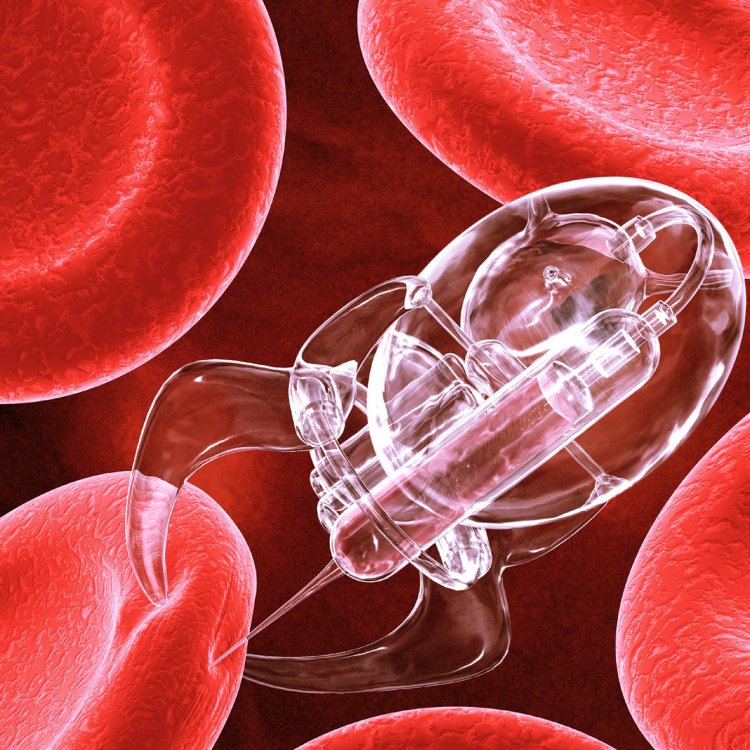
Nanoscience: Big Science at Tiny Scales
Nanotechnology refers to the ability to manipulate individual atoms and molecules, making it possible to build machines on the scale of human cells or create materials and structures from the bottom up with novel properties. Dr. Paul Barbara explores nanotechnology and how researches at The University of Texas at Austin are helping shapre our nanotechnology future.
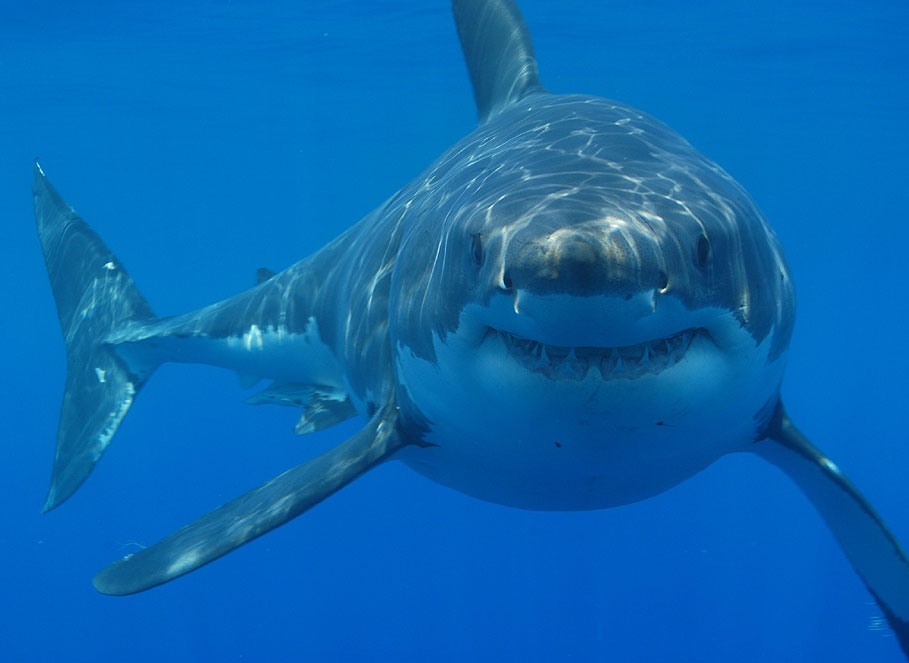
Our Perceptions of Music: Why Does the Theme From Jaws Sound Like a Big, Scary Shark?
The perception of music is a remarkable phenomenon that enriches our lives nearly every day. Deeply imbedded in our own culture, music is a part of all known human societies. Dr. Bob Duke shares the physics, physiology and psychology of music in relation to human perception.

Big, Beautiful Sky: The State and Future of Texas’ Air
We’re all affected by air quality in Texas. Whether it’s because of the concentration of pollutants in the air we breathe or whether it’s because of our appreciation of beautiful Texas sunsets, we all have a stake in preserving air quality. Dr. David Allen provides insights into the formation of air pollution, how scientists model the causes of pollution and what can be done about it.
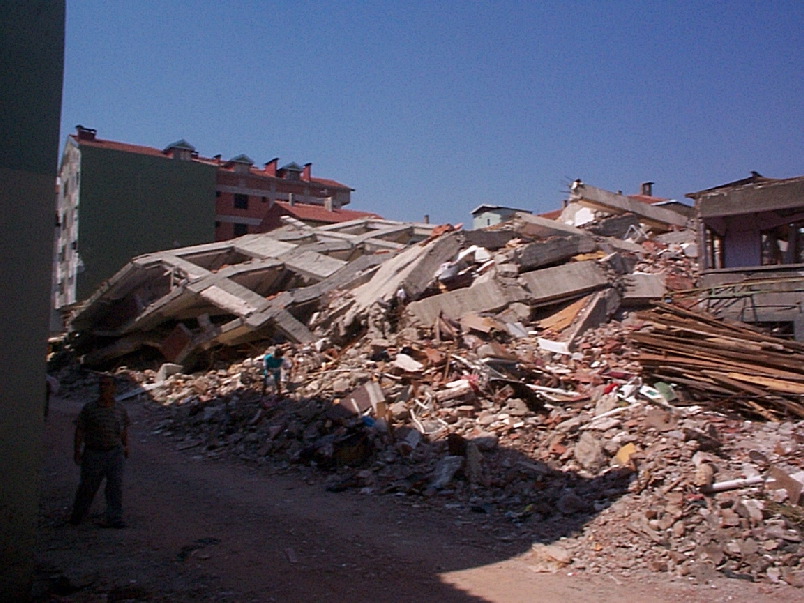
Global Death and Construction: Earthquakes on an Urban Planet
Our planet has consistently delivered no surprises: the relentless motion of the world’s tectonic plates during the past 3 millennia are identical to those of the past 3 million years. Hence the distribution and frequency of past earthquakes are a fairly reliable indicator of future earthquakes. Dr. Roger Bilham shares how we can combine earthquake prediction with engineering design and future city planning to develop cities that are earthquake resistant.
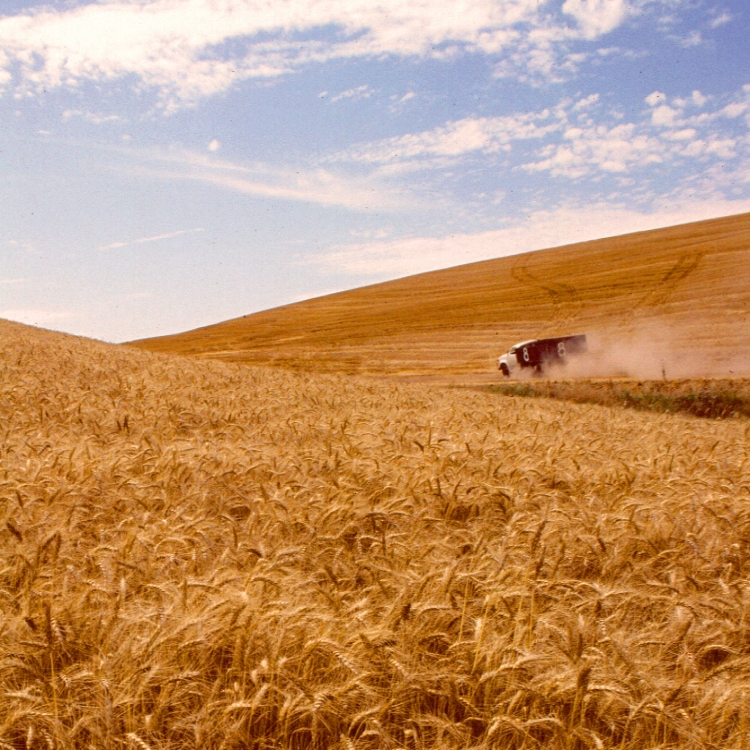
Life on a Human Dominated Earth: The Challenges Ahead
The world has entered an era of human domination of global ecosystems. This era poses some of the greatest challenges humanity has faced. Dr. David Tilman explores how humans exert a greater impact on global processes and how it will affect future generations.
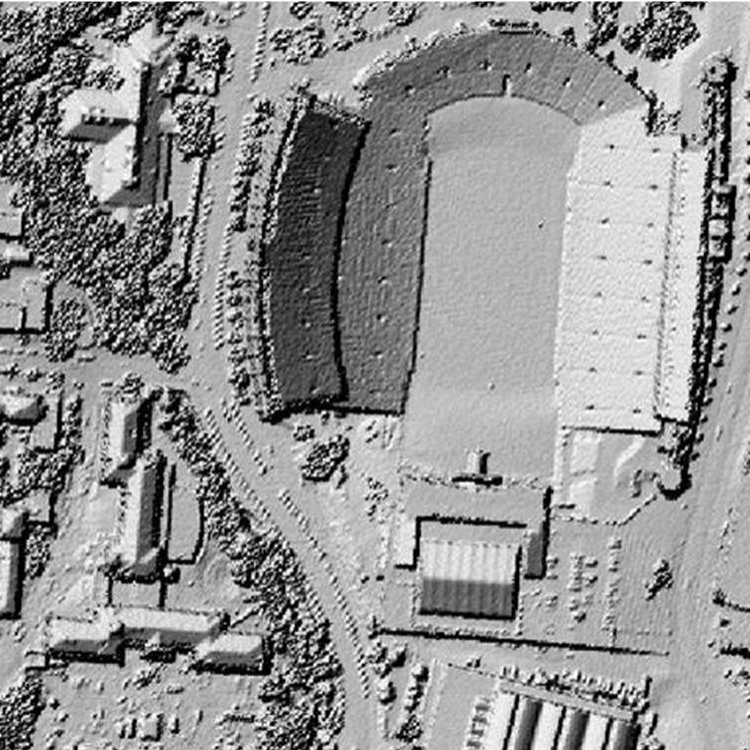
I Spy…Seeing Our Environment in a New Light: The Technology of Remote Sensing
The number of satellites collecting information about the global environment is rapidly increasing. Dr. Crews-Meyer shares how remote sensing works and how that compares to what we see everyday as we walk around our homes, schools and businesses.
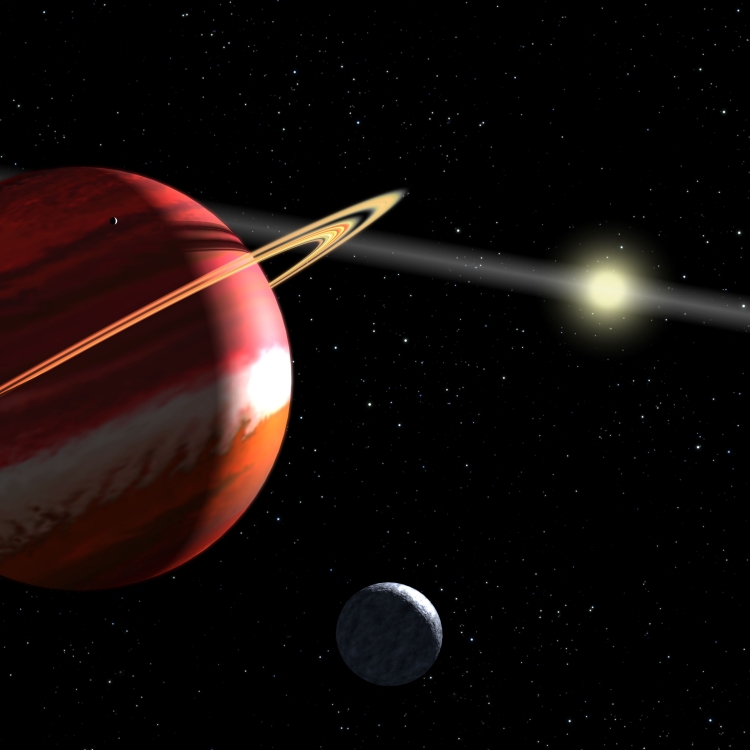
Beyond Our Solar System: The Search for Extrasolar Planetary Systems
On October 11, 2002, Dr. William Cochran’s team of astronomers with The University of Texas at Austin’s McDonald Observatory Planet Search project announced the discovery of the first planet orbiting a star in a close-in binary star system. Dr. Cochran shares information about the discovery as well as the formation and evolution of planetary systems.

The Edwards Aquifer: Will There Be Water for Texas?
The Edwards aquifer of central Texas is a vital water resource and supplies a diverse set of habitats, including those for several endangered species that live in its major springs. Dr. John Sharp shares how citizens have to make difficult decisions about the aquifer and associated resources in the next several decades.
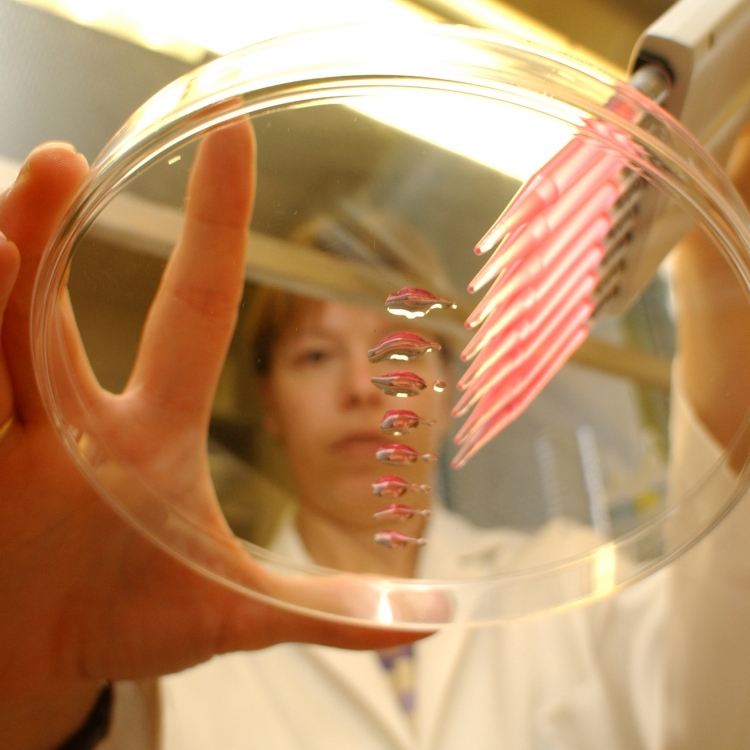
Biological Weapons and Bioterrorism
Biological weapons are cheap to make and easy to conceal. Researchers at universities around the country are busy working on ways to combat these toxins. Dr. Brent Iverson discusses the use of biological weapons throughout history and shares research based on powerful antibodies that could provide a treatment for even late stage anthrax infections.